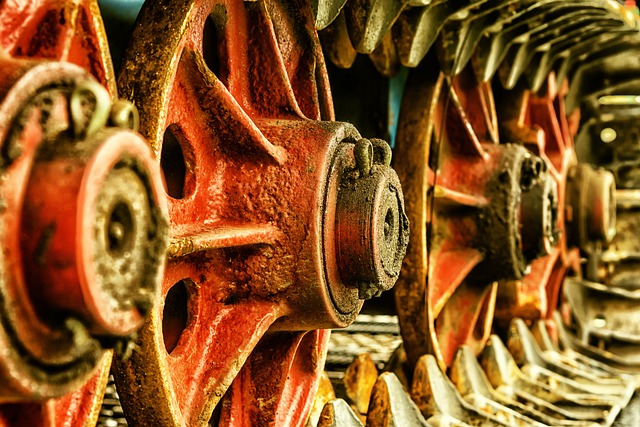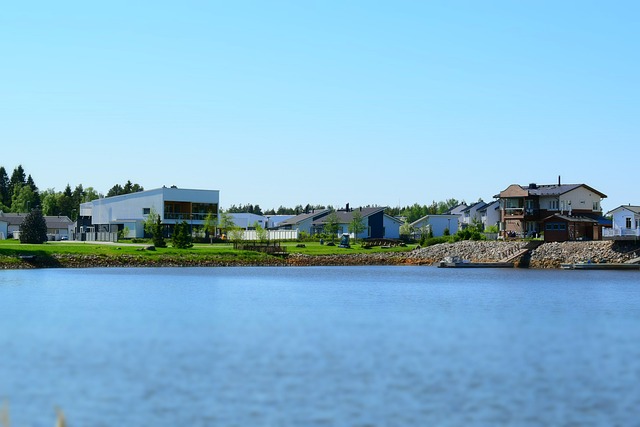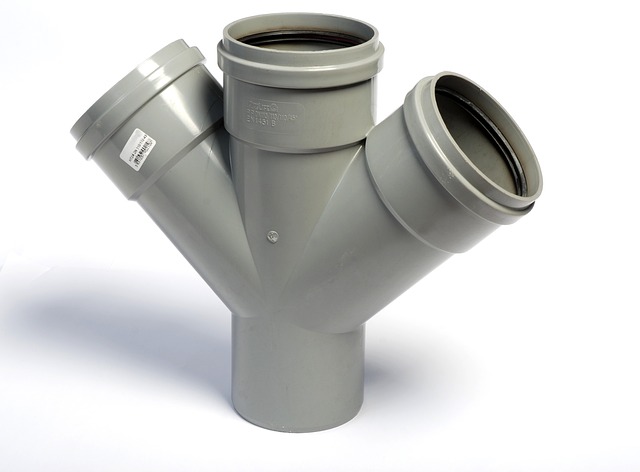Pipe corrosion, driven by metal oxidation, is primarily caused by water chemicals (chlorine, sulfur), hard water minerals (calcium, magnesium), organic substances, and bacteria. These factors weaken pipe structures, leading to leaks and cracks. Common causes of pipe corrosion, exacerbated by hard water, demand proactive prevention and regular maintenance for long-term integrity.
In the realm of plumbing, understanding pipe corrosion is paramount for maintaining efficient systems. This article delves into the hidden causes behind this pervasive issue, focusing on three key factors: rust, chemicals, and hard water. By exploring the basic mechanisms of pipe corrosion, we unravel the intricate relationship between these elements and their impact on pipes. We’ll also highlight how hard water, often overlooked, plays a subtle yet significant role in overall system degradation, offering insights for effective preventative measures.
- Understanding Pipe Corrosion: The Basic Mechanisms
- Rust and Chemicals: Unraveling Their Impact on Pipes
- Hard Water: A Subtle Yet Significant Factor in Pipe Degradation
Understanding Pipe Corrosion: The Basic Mechanisms

Pipe corrosion is a complex issue with various hidden causes, often stemming from interactions between rust and hard water chemicals. Understanding these basic mechanisms is crucial to tackling corrosion head-on. The primary culprit behind pipe corrosion is the oxidation of metal, facilitated by moisture and electrical current. In the context of pipes, this process manifests as rust formation on the inner walls, leading to deterioration over time.
The common causes of pipe corrosion include the presence of corrosive chemicals in water, such as chlorine and sulfur compounds, which can accelerate rust formation. Hard water, rich in minerals like calcium and magnesium, also contributes by forming a protective coating on pipes that prevents immediate corrosion but can eventually weaken the metal due to internal pressure and stress. Additionally, certain organic substances and bacteria can further exacerbate corrosion, making it imperative to address these hidden factors for effective long-term pipe maintenance.
Rust and Chemicals: Unraveling Their Impact on Pipes

Rust and chemicals are among the most common causes of pipe corrosion, leading to significant damage over time. When water comes into contact with metal pipes, it can initiate a chemical reaction that results in rust formation. This process weakens the pipe’s structure, causing cracks and leaks.
Among the chemicals present in water, certain substances like chlorine and lime are particularly detrimental. Chlorine, often used for disinfection, can accelerate corrosion rates, especially in pipes made from iron or steel. Similarly, the minerals and salts in hard water contribute to chemical erosion, further exacerbating rusting. As these elements corrode the pipe’s surface, they create an environment conducive to the growth of bacteria and other microorganisms, adding another layer of complexity to the problem.
Hard Water: A Subtle Yet Significant Factor in Pipe Degradation

Hard water, a common phenomenon in many regions, is often overlooked as one of the subtle yet significant factors contributing to pipe degradation and corrosion. The minerals present in hard water, primarily calcium and magnesium, can leave behind deposits as water evaporates. These mineral deposits build up over time inside pipes, leading to reduced water flow and increased pressure. As a result, pipes are subjected to constant stress, which accelerates corrosion and ultimately causes leaks or even pipe failure.
This process is particularly problematic in areas where water hardness levels are high, exacerbating the common causes of pipe corrosion. Homeowners and industrial facilities alike should be aware that while rust and chemicals get most of the attention as contributors to pipe degradation, hard water plays a silent role in the deterioration of piping systems, demanding proactive measures for prevention and regular maintenance to mitigate its effects.
Understanding the common causes of pipe corrosion, such as rust, chemicals, and hard water, is essential for maintaining efficient plumbing systems. By recognizing these hidden culprits, homeowners and professionals can implement effective prevention strategies. Regular maintenance, choosing corrosion-resistant materials, and treating hard water are key steps to mitigate corrosion. Addressing these issues promptly not only ensures the longevity of pipes but also prevents costly repairs and replacements.
